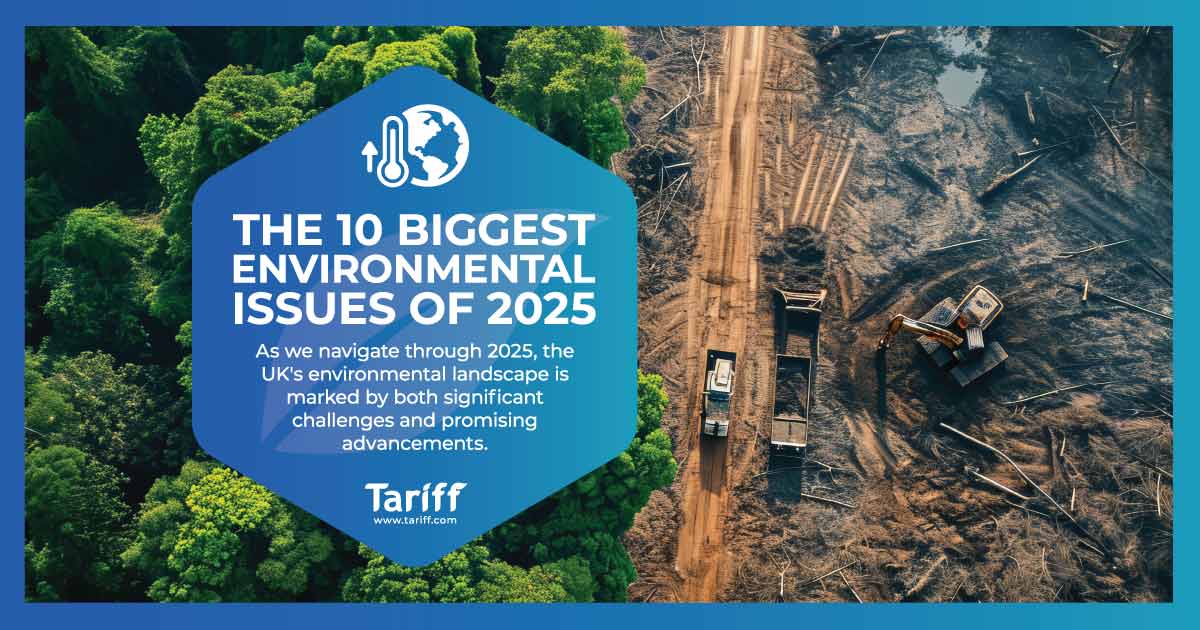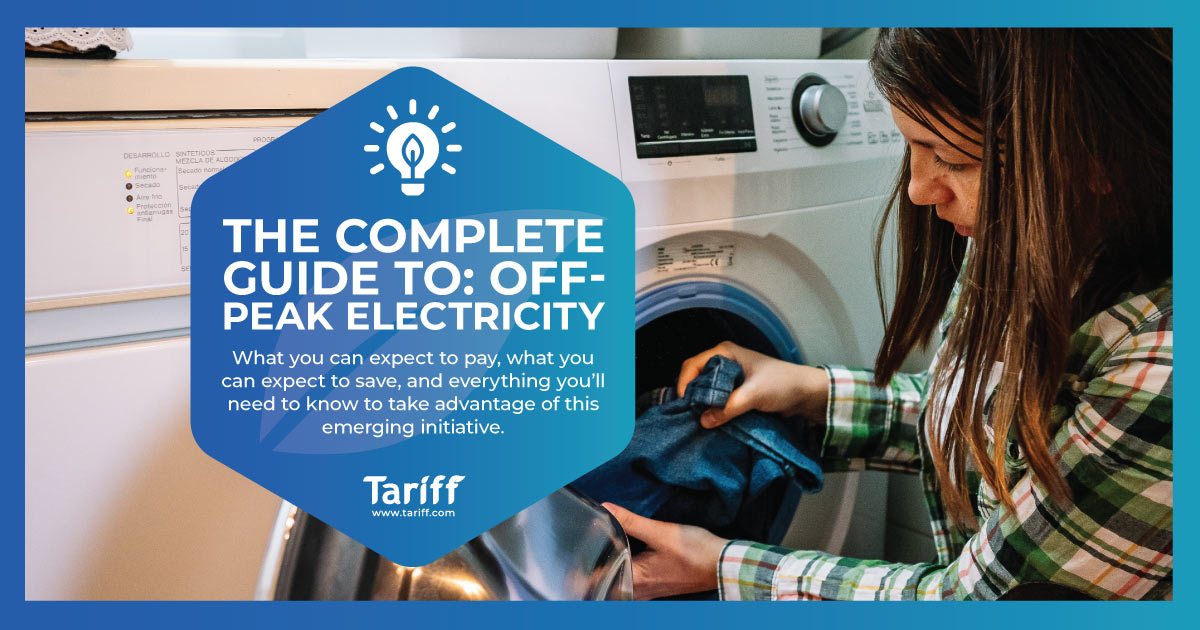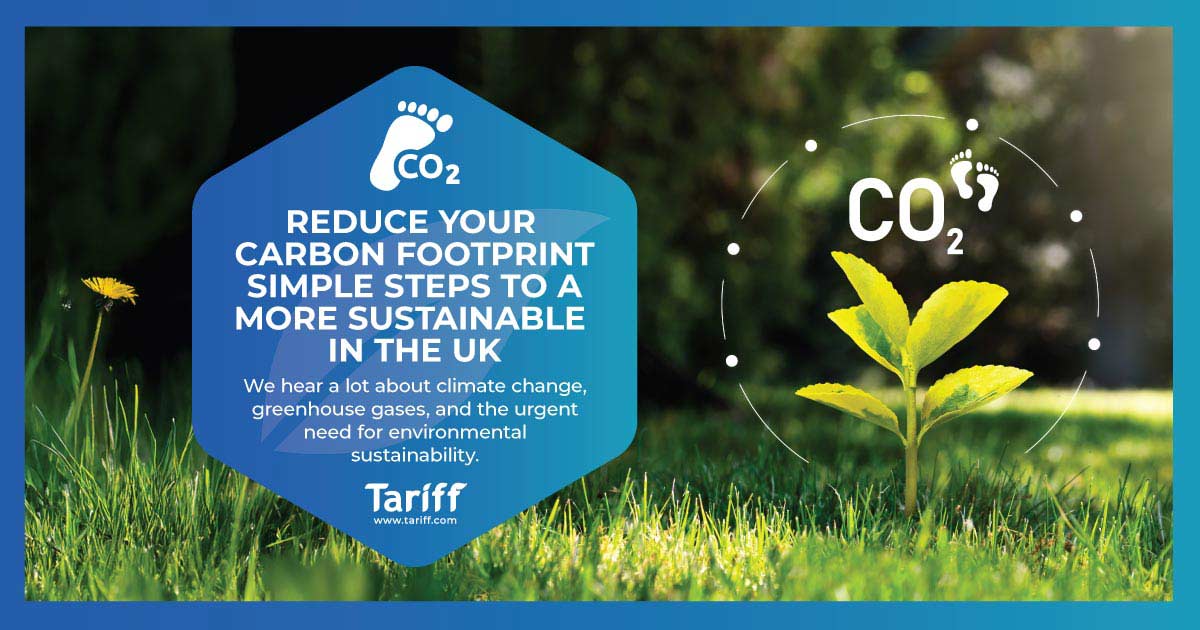10 Sustainable Companies We Could All Learn From
As the planet undergoes a major climatological shift, and world governments look towards a more ecologically-conscious future, the topics of sustainability and environmentalism continue to be hot-button issues.
Understandably so. Without large-scale changes, Earth faces insurmountable odds, and a future that’s uncertain at best. Fortunately, there are positive signs of change, and not least among pioneers of renewable energy and sustainability in the business sphere.
While in the past, industry might have been solely motivated by profit margins and continued growth, there’s been a clear shift in the focus of many corporate elites, leading to continued investment and focus on environmental initiatives.
Let’s look at some of the pacesetters across the business world, and how your business can emulate their sustainability successes through good renewable energy practices.
10 Companies With Impressive Sustainable Credentials
It’s abundantly clear that sustainability and renewable energy projects are the way forward. But, without innovators across the industry, we can often lose sight of what’s truly possible with the right mindset.
Let’s break down ten of the most innovative companies out there, and what they’re doing to change the landscape of green business practices.
1. Ikea
While the Scandinavian furniture giant earned its worldwide reputation through flatpack furniture and a penchant for meatballs, it’s the company’s commitment to a more environmentally conscious future that’s earned it a spot on our list.
Outlined in Ikea’s Sustainability Strategy, they’ve set out three major areas of focus – Healthy & Sustainable Living, Climate Positivity, and Fairness & Equality. Each on their own is a huge undertaking, but the company understands the pressing need to adopt a greener future.
Of particular note is their commitment to becoming a “circular” business by 2035. A lofty goal by all accounts, this essentially involves utilising a system to ensure that the products they sell are designed to be renewed and recycled, so as to avoid them going into landfill.
It doesn’t stop there, either. While many focus on achieving net-zero ahead of the worldwide 2050 target, Ikea have taken that a step further with their huge ambitions for climate positive by 2035.
Where net-zero means taking out the same amount of greenhouse gases from the atmosphere as you produce, climate positive takes that a step further and removes more than the atmosphere than a company produces.
While Ikea aren’t the only company to do this, they’re among the largest, and it shows their overwhelming commitment to creating a brighter and more sustainable future for the planet.
2. Innocent
Perhaps most closely associated with their full rainbow of healthy smoothies and juices, Innocent’s inclusion on this list might not come as a surprise to some. Their proclivity for natural ingredients and aversion to sugar inherently lends itself to a deeper connection to the environment.
However, it’s Innocent’s climate manifesto that really helps them stand out and earn a place on our list of sustainable companies to aspire to. Their aims for carbon neutrality by 2025 and net-zero by 2040 are ahead of the governmental guidelines, and serve to underscore the company’s commitment to a more positive future.
The journey began long ago for Innocent, though. They were one of the very first companies in the UK to track their carbon footprint (back in 2004), and more recently they’ve begun work on one of the most ambitious manufacturing projects in the world.
The factory is designed to eliminate any unnecessary carbon emissions, and is set to run on completely renewable energy, one of the first large-scale facilities to do so. Alongside that, all of Innocent’s offices already run on renewable energy sources, and they’re fully committed to making changes as soon as possible.
3. Patagonia
Named after the mountainous region in the southern reaches of Argentina and Chile, Patagonia is best known for its collection of rugged climbing and active clothing, as well as its strong statements across activism and political causes.
It’s no surprise, then, that Patagonia makes our list. In fact, it could be argued that they’re one of the most environmentally conscious companies out there – they pioneered the One Percent for the Planet initiative, where 1% of all the company’s revenue goes to environmental groups.
Their current climate goals are equally ambitious. While net-zero is a global target, Patagonia want to take that a step further by going beyond carbon neutral, and cleaning up each and every aspect of their business.
Projects for Patagonia don’t end there, either. They’ve continually invested in projects that seek to strengthen nature and humanity’s resolve in the face of climate changes, and it’s abundantly clear they’re a company that’s focused on planet over profit.
4. Lush
One of the most well-known cosmetics brands across the UK, Lush has made a name for itself through bath bombs and exotic soaps, becoming a staple of many high streets across the UK in the process.
What many consumers don’t realise, though, is the measures that Lush has in place to ensure they’re as climate-conscious as they possibly can be. While their packaging is as minimal and compostable as it can be, their eco-initiatives go much further than that.
As part of their stalwart Environmental Policy, they’ve already eschewed damaging palm oil in favour of more “Earth-friendly” oils, and utilise 100% recycled plastic in their bottles and pots, which they estimate saes around 65 tons of carbon dioxide and over 800 barrels of oil each year.
They’re also big believers in transparent and open communication, which culminates in their yearly publication of their business’ environmental performance. It’s projects like these that mean Lush also strive to use renewable energy sources where possible, and have been carbon positive for over 12 years.
5. Honda
While it might seem counter-intuitive to have one of the world’s largest car manufacturers on our list, Honda’s eco-credentials speak for themselves. Some readers may remember their “Hate Something, Change Something” advertising campaign back in 2004, and since then, they’ve been on a driven mission to bring large-scale energy changes to the manufacturing industry.
In addition to their targets for carbon neutral by 2050 (falling in line with the worldwide aims), they’ve put into motion a three-pronged approach to net-zero that revolves around zero carbon, clean energy, and the implementation of sustainable materials in their manufacturing processes.
It’s this that’s ultimately the catalyst to Honda’s wider environmental policies, with commitments to reduce energy consumption across both their corporate and product facilities, as well as a massive reduction to their business water consumption by almost 15% by the end of this year.
6. Wild
A relatively new brand, Wild’s mission seems simple – to revolutionise deodorants, and approach them with a focus on removing aerosols, plastics and aluminium, as well as ensuring a more sustainable future for something we use every day.
Since their inception in 2019, Wild have taken their environmental policies from strength to strength. Although they’re a smaller brand in comparison to others on their list, the impact they’ve had is undoubtable, with an estimated 80 tons of disposable aerosols being diverted away from landfill.
They’re also implementing practical measures, too. With each deodorant they sell, they’re committed to planting trees (over 300,000 have been planted so far), and take great pride in their status as one of very few carbon negative companies across the UK.
7. Bulb
It’s natural we’d aim to include at least one energy company on our list of the most sustainable companies for 2023, but there’s very few who’ve got the same aspirations as Bulb. As one of the UK’s foremost providers of business energy switching, we’ve long been impressed by Bulb’s commitment to green initiatives.
They were one of the first companies UK-wide to adopt completely renewable methods for their energy generation, which they’ve always sought to pass onto customers in the best way possible. Bulb also provide complete carbon offsetting for their gas usage, too, which is still a rarity in the modern energy market.
Ultimately, though, what really sets Bulb apart in terms of their renewable and sustainability practices is their approach to transparency. It can often be difficult to find energy providers who are open and honest with how they power your home or business, but they’re aiming to change that with their direct reporting.
8. Olio
Being conscious of the environment doesn’t end with renewable energy, and that’s something Olio truly understands. They’re committed to reducing both household and food waste through their innovative app, and providing new life to items we’d have otherwise gotten rid of.
It builds upon the age-old concept of hand-me-downs and second-hand merchandise, and modernises it through smart technology. Of course, Olio doesn’t just help others with their waste – they’re also committed to revolutionising their own carbon footprint.
It’s their carbon negative guarantee that really helps set them apart, but they’re consistently looking to progress and lead by example, especially in terms of their leadership appointments and focus on reporting.
9. H&M
A worldwide clothing brand might not be the first company you’d expect to be making waves in sustainability, but H&M are an embodiment of what large-scale corporations should be striving for with their net-zero plans, and with their policies on waste.
As outlined by their extensive environmental policies, H&M are leading the charge for a more sustainable fashion market, especially in the face of fast fashion and less-than-reputable practices that have plagued the clothing industry for years.
That’s best exemplified by their ambitions for net-zero by 2040, which is 10 years sooner than many targets for similar companies. They’re also on course to adopt carbon-free transportation by as soon as 2050, something we’ve seen from very few companies globally.
10. Unilever
By far the most “global” brand on our list, it’s unlikely you wouldn’t have sampled some of Unilever’s products at some point, with a portfolio of over 400 brands that range from ice creams, to mayonnaise, to bleach. What you might be less aware of, though, is how they’re mobilising to make a difference in the fight against climate change.
They have one of the most ambitious targets seen across global brands, with their climate strategy outlining a path towards complete net-zero across their whole supply chain by 2039 – 11 years ahead of the worldwide target finalised at COP26.
Those admirable goals come in addition to their commitment to a deforestation-free supply chain, and their noble use of a global platform to forefront the struggle for climate control on a changing planet.
Modernise Your Climate Strategy With Tariff
As we’ve seen from these titans of industry, the ways in which you can help the environment are innumerable, and all of them help contribute towards you carbon footprint and the impact your business has on the world around it.
At Tariff, we’ve got a simple mission – to provide businesses both big and small with a simple yet effective pathway towards a brighter climate future. We’ve helped so many companies adopt renewable energies, and more besides make that transition to net-zero.
We’re able to offer a completely tailormade service, unique for a business energy switching service. We’ll not only guide you through every step of the process, but we’ll actively work alongside you to source the right company to meet the needs of your business.




